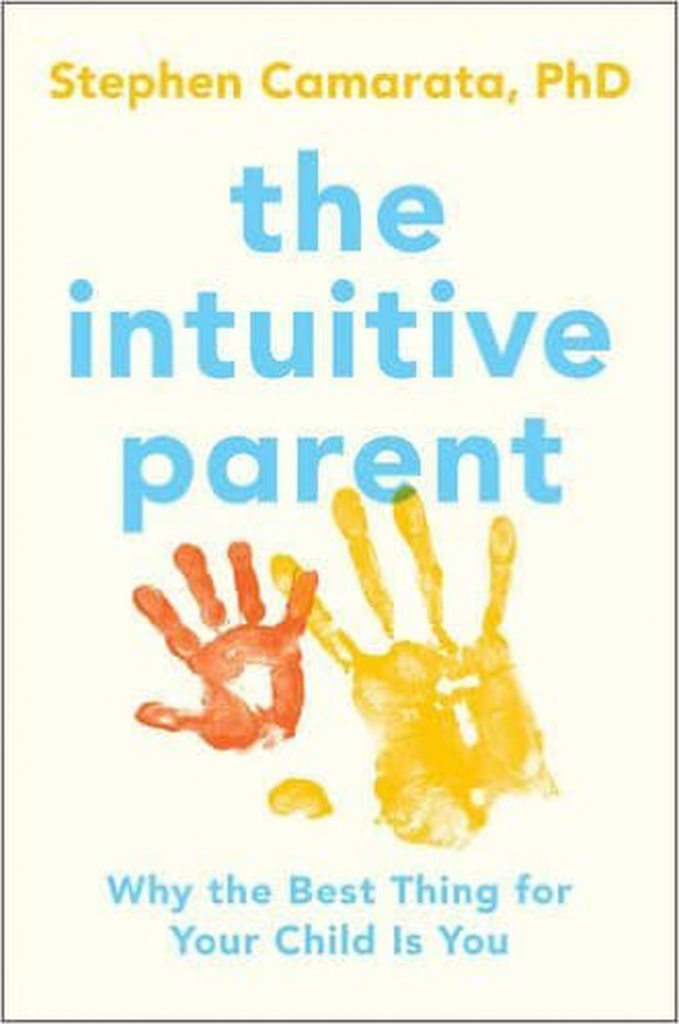
Misty Adoniou, www.elgazette.com 31 Oct 2019. A synthetic phonics ‘first, fast and furious’ approach and the Year 1 phonics test in the UK have not worked because English is a morphophonemic language. Meaning is required for phonics to work.

Misty Adoniou, www.elgazette.com 31 Oct 2019. A synthetic phonics ‘first, fast and furious’ approach and the Year 1 phonics test in the UK have not worked because English is a morphophonemic language. Meaning is required for phonics to work.

EducationHQ, 30 Oct 2019. Research shows that teachers have very little to do with why some kids are better at school than others. This contradicts the popular view that teachers matter most (after genes) when it comes to academic achievement. Read here

Dr Peter Gray, Psychology Today, 5 May 2015. Pre-school and kindergarten teachers are upset by the increased pressure on them to teach and test academic skills. They can see the unhappiness generated and research supports their concerns. Read here

Dr Sebastian Suggate, University of Otago, 3 Jan 2010. An older paper we need to re-read. Teaching children to read from age five is not likely to make that child any more successful at reading than a child who learns reading from age seven. Read here

Bethan Marshal, King’s College London, www.independent.co.uk. The age at which we start learning to read: In Sweden you will be at least seven, in Germany possibly the same, and in Finland you may be as old as eight. In England you’ll be six and in Australia you will be five! We are obsessed with the age at which you can decode those specks on a page of print and…

Valerie Strauss, The Washington Post, 17 Aug 2019. Stephen Camarata (Professor of Psychiatry and of Hearing and Speech Sciences) says the push to teach children increasingly more complex concepts at earlier ages is likely counterproductive. https://www.washingtonpost.com/news/answer-sheet/wp/2015/08/17/why-pushing-kids-to-learn-too-much-too-soon-is-counterproductive/
Recent Comments